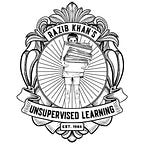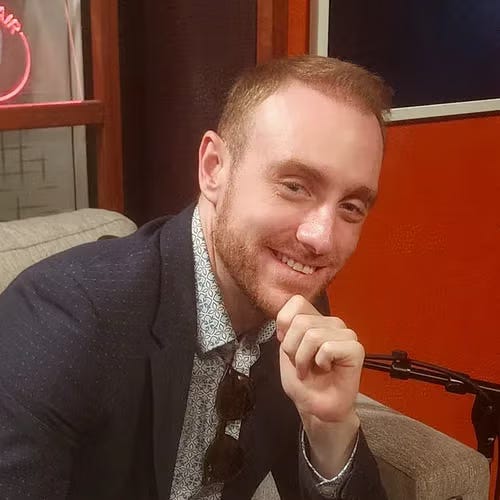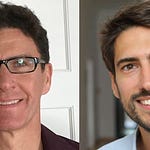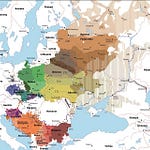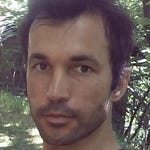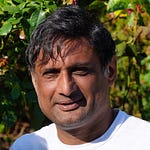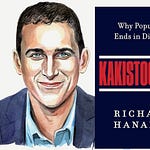This week on the Unsupervised Learning Podcast, Razib talks to returning guest Alex Young of UCLA and Herasight. Trained originally as a mathematician, Young studied statistics and computational biology at the University of Cambridge before doing a doctorate in genomic medicine and statistics at the Wellcome Trust Centre for Human Genetics, University of Oxford, under Peter Donnelly. He also worked at deCODE Genetics in Reykjavik and at Oxford with Augustine Kong, developing methods in quantitative and population genetics.
Razib and Young talk extensively about what we know about heritability and genomics in 2025, four years after their first conversation. In particular, they discuss what larger sample sizes, high-density genotype-arrays and whole-genome sequencing have told us about heritability and the ability to predict traits in individuals from their sequence. They discuss quantitative and behavioral traits like height, intelligence and risk of autism, and the differences between classical statistical genetical methods utilizing twins and modern molecular genomic techniques that attempt to fix specific physical markers as causal factors in characteristics of interest. In addition to his academic work, Young has also been consulting for the polygenic embryo-screening company Herasight, working on cutting-edge methods for genomic prediction in the context of in vitro fertilization. They dig deep into the new method Young and colleagues worked on that helps democratize embryo selection using genomics, ImputePGTA.

